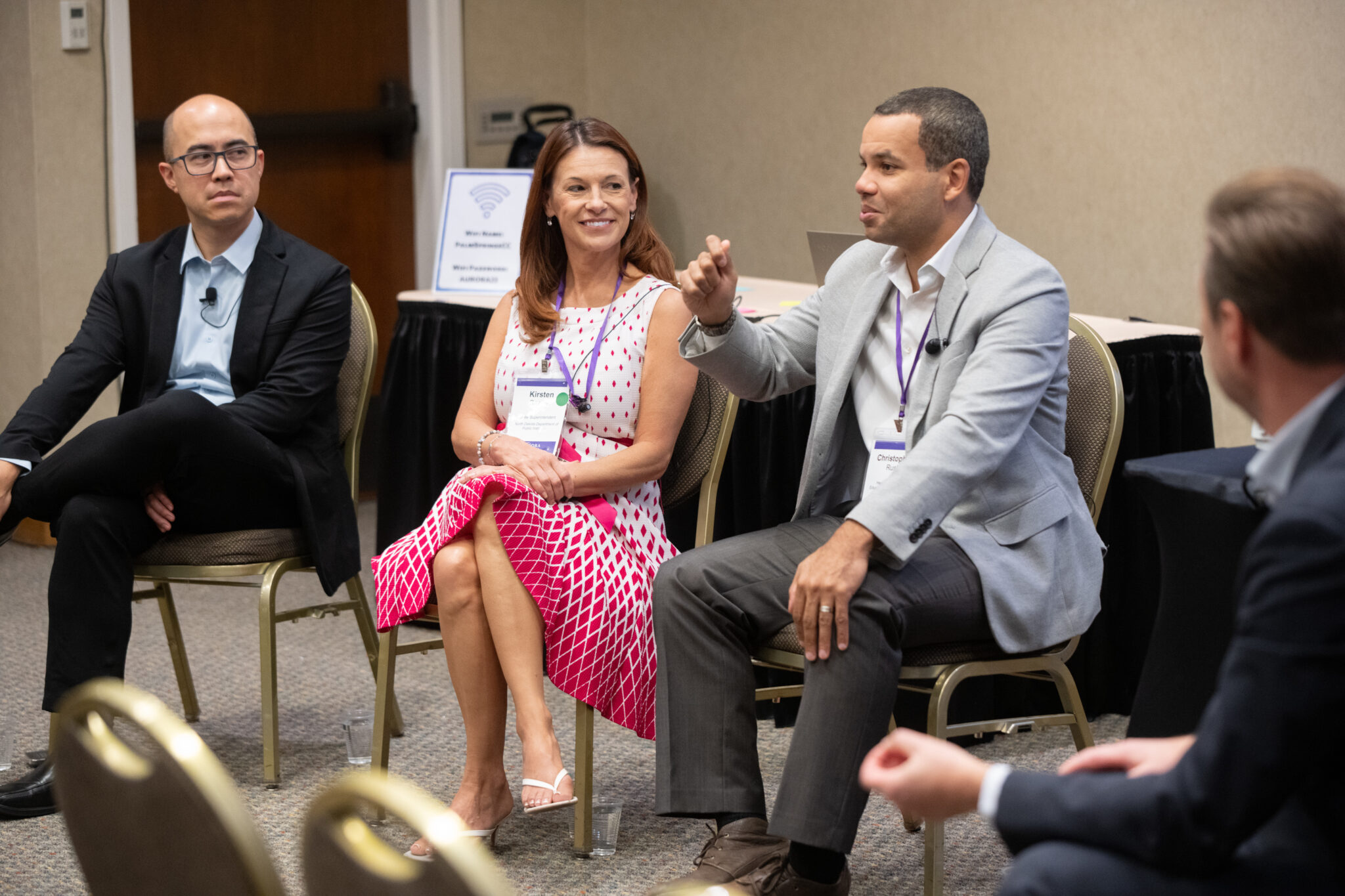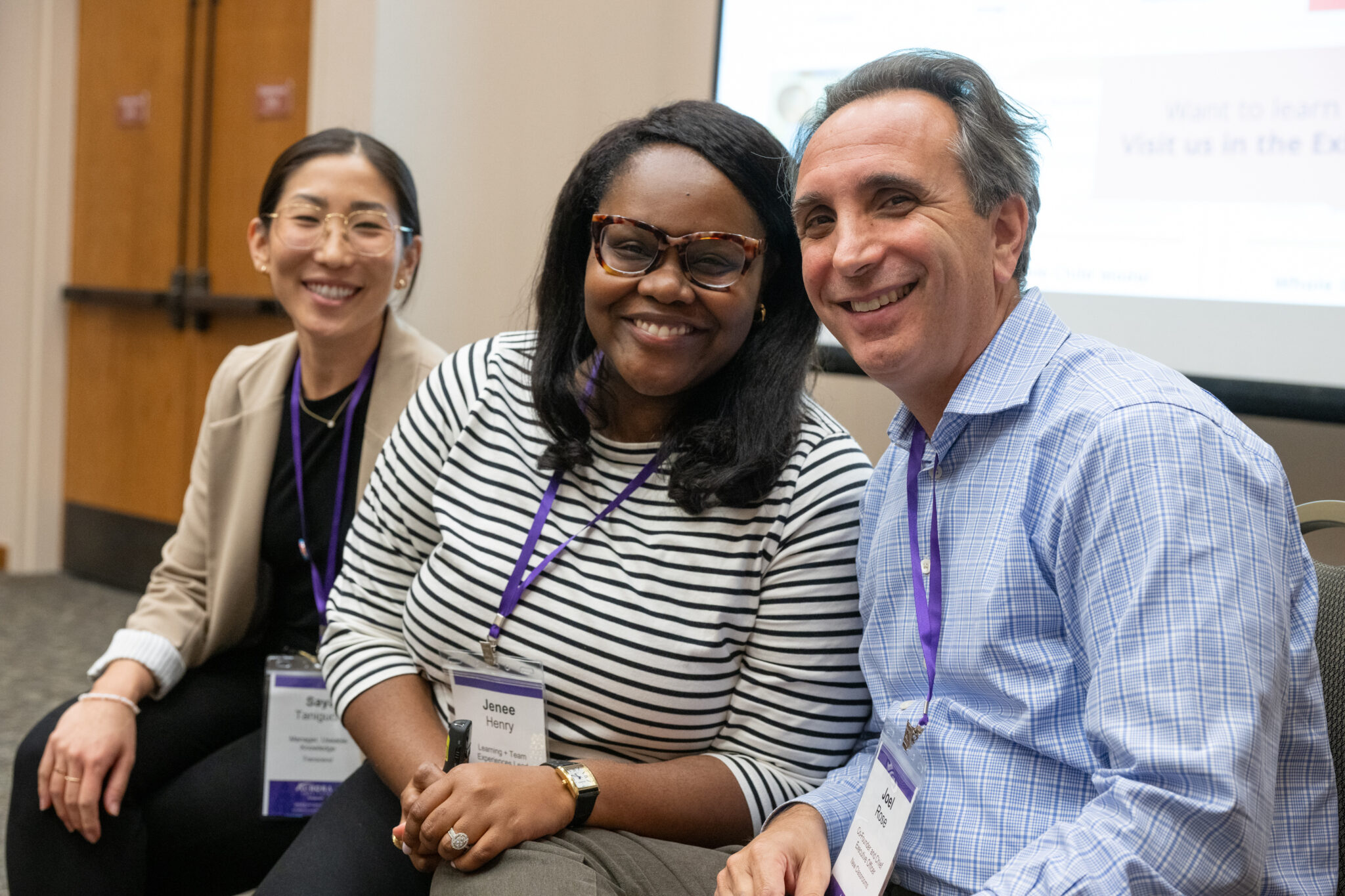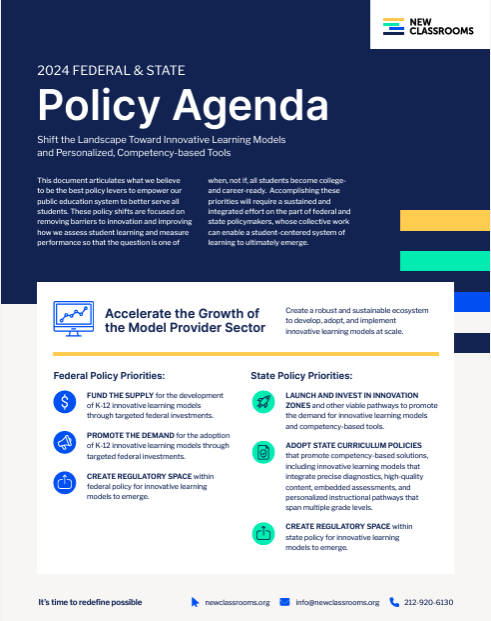Policy Pulse: A Webinar with Montana, NEED Act reintroduced and more
March 8, 2024
Policy Pulse — Winter 2024
At the risk of sounding like Chicken Little, the data that continues to pour in (most recently the PISA results) makes me wonder to what degree we collectively find ourselves in a state of paralysis (or denial) about the state of public education and the degree in which we are focused on the wrong goal. It also does not help that there’s an emerging “urgency gap” where parents typically believe that their own children are doing well at school and are not behind.
Last month, my friend Tom Kane from Harvard’s Center for Education Policy Research and Sean Reardon, professor of Poverty and Inequality at Stanford, released an Education Recovery Scorecard that showed how students have made up only one-third of the pandemic loss in math and one-quarter of the loss in reading. The authors argue that even if they maintain last year’s pace, students will not be at pre-pandemic (2019) achievement levels–which we know wasn’t so great to begin with. More sobering is that the pace of recovery is very uneven in many states, where the recovery is being led by the wealthier districts that lost the least during the pandemic. The new data indicates that recovery efforts have thus far failed to close those gaps.
Despite this stark warning about the amount of unfinished learning our students are still experiencing, nearly $51 billion of the $190 billion in federal aid provided to K-12 schools for recovery remains unspent. If this funding is not obligated by September 2024 and used by January 28, 2025, it needs to be returned.
However, state education agencies can now request a 14-month extension, thus allowing spending to the end of March 2026. Recently, Assistant Secretary for Planning, Evaluation, and Policy Development at the U.S. Department of Education, Roberto J. Rodríguez, indicated that the department has received a lot of interest in applying for extensions. Still, as of the beginning of February, no applications have been submitted.
As a new principal in DC way too many years ago, a mentor and amazing leader often asked whether I was working smarter or just harder. This same thinking needs to be applied to our situation today. Wouldn’t this funding extension be an excellent opportunity to think beyond catch-up and move from what my colleague Joel calls the “optimization of the existing paradigm” into transforming a new one? Shouldn’t every policymaker talk about pace, what it will take to meet their students’ recovery needs, and how we can better use these remaining dollars to transform the education ecosystem? After all, smart is not something you’re born with; it’s something you can get. Let’s build smart; our students are depending on us.
Warmly,
Michael Watson
Our 2024 Policy Agenda
Our 2024 federal and policy agenda outlines our vision for what we believe to be the best policy levers to modernize our public education system to better serve all students. The proposed policy shifts are designed to propel the model provider sector’s growth, fortify state curriculum adoptions, foster the development of innovative assessments, and enhance accountability systems.
New Essential Education Discoveries (NEED) Act Reintroduced
On December 11th, 2023, Representatives Bonamici (D-OR) and Fitzpatrick (R-PA) reintroduced the NEED Act in the U.S. House of Representatives. The NEED Act will establish the National Center for Advanced Development in Education (NCADE) at the Institute of Education Sciences (IES), which will be modeled after the Defense Advanced Research Projects Agency (DARPA). Over the years, DARPA has brought us life-changing innovations like the internet, speech translation, and GPS. The center’s mission is to develop, identify, and promote advances in teaching and learning, with an “emphasis on breakthrough technologies, new pedagogical approaches, innovative learning models, and more efficient, reliable, and valid forms of assessments.”
As we’ve written about in the past, New Classrooms strongly supports the reintroduction of the NEED Act due to its potential to create dramatic breakthroughs in teaching and learning. Despite having success in developing and implementing innovative learning models in many school communities across the country, we believe that this strong public investment in education research and development is needed to have a truly transformative impact.
IES Announces FY24 Transformative Research in the Education Sciences Grants
Speaking of investing in the development of transformative education solutions, IES recently awarded grants to three institutes of higher education amounting to nearly $11 billion under the Transformative Research in the Education Sciences Grant program. This grant resulted from funding appropriated in the Consolidated Appropriations Act of 2023, which directed the agency to invest in “quick turnaround, high-reward scalable solutions intended to significantly improve outcomes for students.” You can read more about the funded projects here.
The three program grants are all focused on artificial intelligence (AI) and its potential power to solve our current intractable education problems. While AI shows great promise to improve everyday life in the classroom, without changes to our current age-based model of schooling, AI could potentially widen our existing achievement gap. We’ve previously spotlighted an article written by my colleague Joel Rose, where he goes into further detail on how a shift towards student-centered learning, in partnership with AI and other technological advances, is truly what’s needed to transform educational outcomes.
We look forward to seeing how these grant proposals progress and welcome the ongoing conversation about redesigning the student experience to take full advantage of AI’s capabilities.
Advocating for Development in the Advancing Research in Education Act (AREA)
This past December, the Senate Health, Education, Labor, and Pensions (HELP) Committee introduced their long-awaited bill to reauthorize the Education Sciences Reform Act (ESRA). The Advancing Research in Education Act of 2023 (AREA) represents months of bipartisan work between the staff of Chairman Bernie Sanders and Ranking Member Bill Cassidy to modernize our current federal education research and development (R&D) programs to better support practitioners and students. As part of the drafting process, the HELP Committee had initially solicited feedback and recommendations from the education community. You can read New Classrooms’ initial response to the Request for Information here.
While the Chairman’s draft bill included several updates to the federal R&D system, we had two initial areas of concern that would have limited innovation and made research far less helpful to schools:
- The first was an overly restrictive definition of “evidence-based” that would have restricted the creation and development of new innovative learning models that allow for novel approaches to teaching and learning.
- The second was a failure to support the “development” part of R&D. As noted above in our support for the reintroduction of the NEED Act; we strongly believe that authorizing an Advanced Education R&D program (such as NCADE) would help to accelerate the development of new approaches to teaching and learning – like innovative learning models – that put students at the center of its work.
We are particularly appreciative that the Committee heard our concerns and updated the original proposal to define and apply “evidence” ahead of the markup of AREA. Unfortunately, the bill still did not include an advanced education R&D program, so New Classrooms sent a letter to the HELP Committee, signed by nine other innovative model providers, urging them to address this remaining concern.
AREA passed out of the HELP Committee on December 12 and now awaits a full Senate vote. We will continue to advocate for the importance of focusing on the development side of education R&D.
Championing Student-Centered Learning Through Legislative Action
State legislatures have now opened their 2024 sessions, and the Education Commission of the States, New Classrooms, and KnowledgeWorks recently hosted a panel discussion on policies allowing schools to experiment with promising student-centered approaches and strategies. The74’s Beth Hawkins moderated the event, featuring panelists Lucy Payne from Minnesota, Julie Murgel from Montana, and Stephanie DiStasio from South Carolina. The panel discussion centered on their priorities for accelerating student-centered learning in their states and how current shifts in the education landscape are impacting the state legislative session. At the conclusion of the event, my New Classroom’s policy and advocacy colleague Alex Morris provided viewers with a rundown of personalized, competency-based trends she’s seeing in state legislatures so far this year.
Unlocking the Future of Learning at Aurora Institute Fall Symposium

New Classrooms was well represented at the Aurora Institute’s fall Palm Springs, California Symposium. I led a session called “A Call for Development: The Needed Coordination Between the Federal Government, States, and School Communities To Create More Student-Centered Approaches.” Joining me was Kirsten Baesler, State School Superintendent of North Dakota, Nick Rodriguez, the CEO of Delivery Associates, and Chris Rush, former Senior Advisor at the US Department of Education and co-founder of New Classrooms. Our conversation explored the current momentum in the federal education research and development system for increasing funding to support the development, outreach, and distribution of competency-based approaches. We considered how state agencies might take these newly developed competency-based models and build and deliver stronger support systems for school communities. We also discussed appropriate design delivery mechanisms for engaging with stakeholders/communities and how to ensure effective implementation support on the ground.
My friend Leslie Colwell at Transcend was in the room, and she wrote that she “appreciated the panelists’ push for states to create safe spaces for courageous districts to innovate. When system leaders have the room to incubate and test ideas with the promise of support, they become the ambassadors for innovation, and the work of transforming schools becomes ‘voluntary but inevitable’ versus a top-down directive.” BTW – you can sign up for Leslie’s new policy newsletter at Transcend here.
Speaking of Transcend, my colleague Joel Rose led a session at Aurora with Trancend’s Jenee Henry-Wood and Saya Taniguchi on “Innovative Learning Models and the Future of School.” This session highlighted the limitations of a one-size-fits-all approach despite innovation across various sectors of society. It then explored how Innovative Learning Models completely reshape the learning experience, offering a promising pathway to enhance student experiences and achieve equitable outcomes. Click here to learn more about innovative learning models.

What We’re Reading
- Assessing Learning Based on Skills When student skills are the driving force behind proficiency scales, assessments provide a road map to success (Edutopia)
- At 93, Joy Hakim is Still in the Fight for Better Children’s Textbooks The ‘Grandmother from Virginia’ has devoted fans, from kids to leading historians, but worries she hasn’t changed the industry (The74)
- ARPA Education Pilot: Unpacking Public Reflections Calls to establish a National Center for Advanced Development in Education (NCADE) are resounding (The Learning Agency)
- Learning Loss, AI and the Future of Education: Our 24 Most-Read Essays of 2023 From rethinking the American high school to the fiscal cliff, tutoring, and special ed, what our most incisive opinion contributors had to say (The74)
- A Reflection on History Standards in Virginia Andy Rotherham speaks to curriculum and standards in the current “culture war era.” (NASBE)
To receive the Policy Pulse and other policy-related communications from our team, subscribe to our newsletter.
